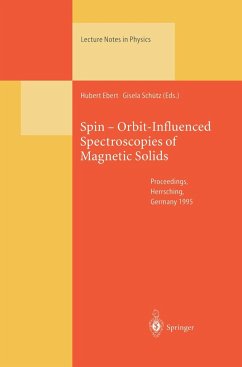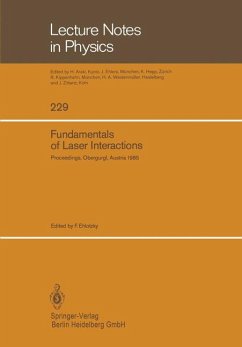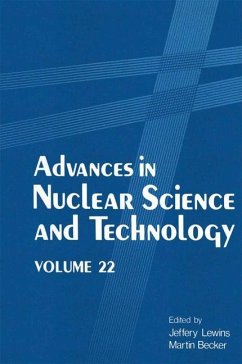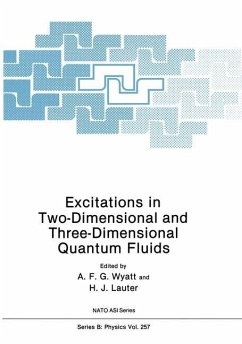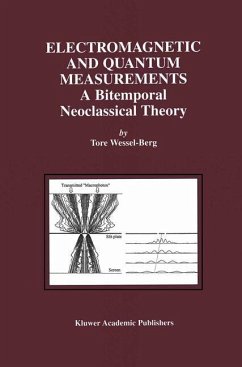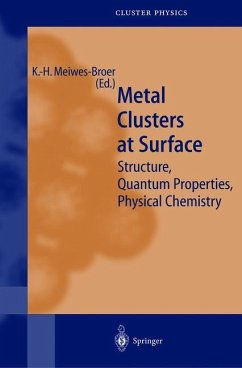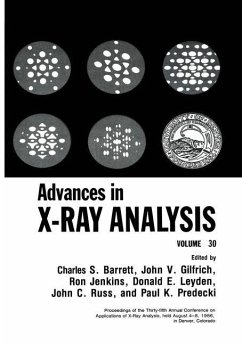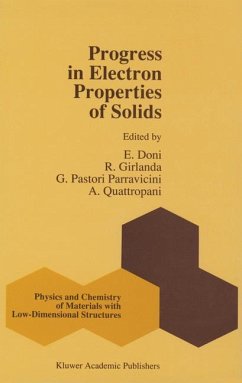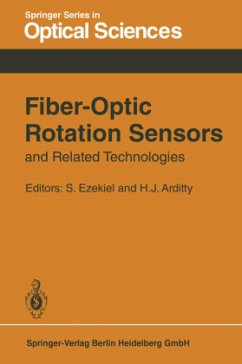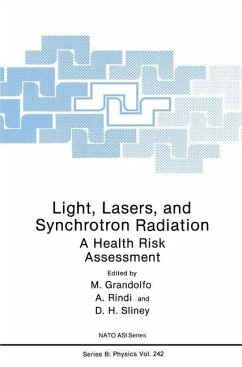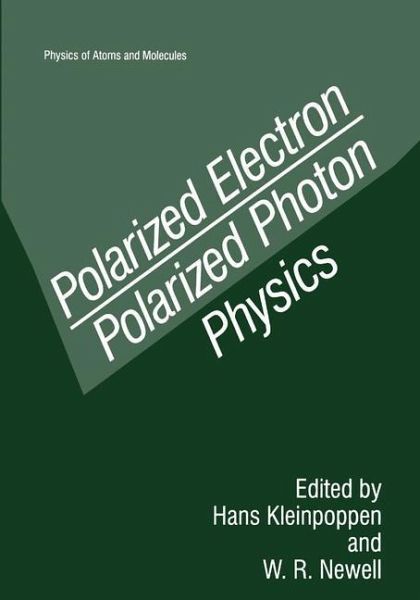
Polarized Electron/Polarized Photon Physics
Versandkostenfrei!
Versandfertig in 6-10 Tagen
113,99 €
inkl. MwSt.

PAYBACK Punkte
57 °P sammeln!
The EPSRC (Engineering and Physical Science Research Committee of the U. K. ) suggested two Workshops (York University, 22-23 September, 1993 and 15-16 April, 1994) for possible development of polarized electron/photon physics as targeted areas of research. The remit of these meetings included identifying research groups and their activities in polarized electron/polarized photon physics, listing relevant existing facilities (particularly electron spin sources and polarimeters), possible joint projects between research groups in the U. K. , recognizing future needs of projects for research of ...
The EPSRC (Engineering and Physical Science Research Committee of the U. K. ) suggested two Workshops (York University, 22-23 September, 1993 and 15-16 April, 1994) for possible development of polarized electron/photon physics as targeted areas of research. The remit of these meetings included identifying research groups and their activities in polarized electron/polarized photon physics, listing relevant existing facilities (particularly electron spin sources and polarimeters), possible joint projects between research groups in the U. K. , recognizing future needs of projects for research of the highest scientific merit and referring to international comparisons of these research activities. Although very diverse but interconnected, the areas of research presented at the Workshops embrace atomic, molecular, surface, and solid state physics. In more detail these areas covered: electron spin correlations and photon polarization correlations in atomic and molecular collisions and photoionization, electron spin effects in scanning tunneling microscopy, surface and interface magnetism from X-ray scattering and polarized Auger electrons (including analysis of domain structures in solids and surfaces), polarized electrons from multiphoton ionization, quasi-atomic effects in solid state physics, dichroism in molecular and surface processes, Faraday rotation and high-field magneto-optics and polarization effects in simultaneous higher order electron-photon excitations. It is obvious from the spectrum of research fields presented at the Workshops that physicists of primarily two communities, namely those studying electron and photon spin interactions with gaseous atomic and molecular targets and those using condensed matter targets for their studies, interacted very closely witheach other.





